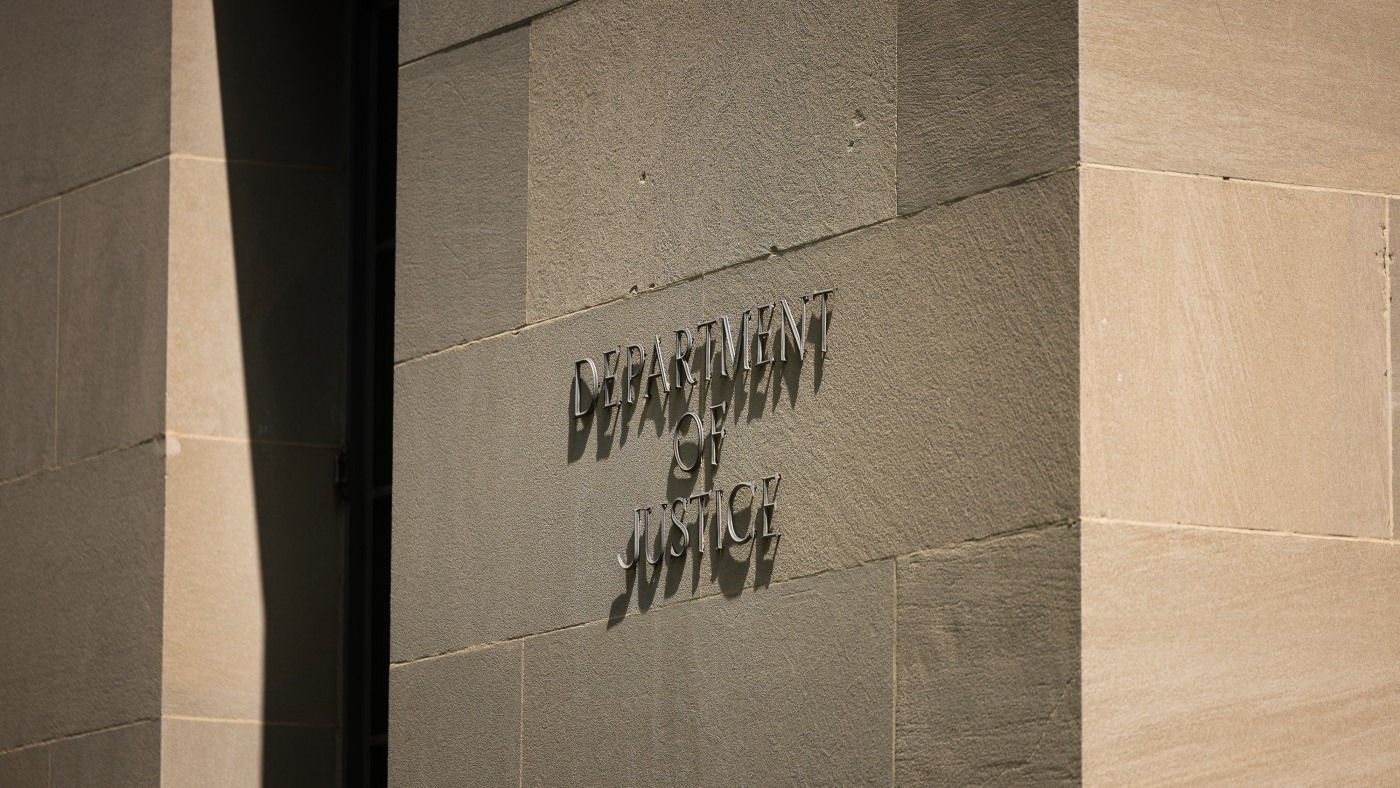The Justice Department’s Leak Probes Under Scrutiny
In a comprehensive examination of leak investigations conducted during the Trump administration, the Department of Justice’s internal watchdog has concluded that federal prosecutors were not driven by political motives when they subpoenaed communication records of certain congressional members and journalists. This finding comes as former President Trump considers another stint in the White House.
The report, issued by Inspector General Michael Horowitz, uncovered that the scope of the investigation was broader than initially reported, encompassing 43 congressional staff members. The breakdown included 21 Democrats, 20 Republicans, and two nonpartisan employees.
Investigations targeted individuals who had access to classified information that appeared in media articles during 2017, particularly those concerning alleged connections between Trump’s 2016 campaign and Russia. To trace the leaks, prosecutors discreetly obtained phone and email metadata from two Democratic congressmen—Rep. Adam Schiff and Rep. Eric Swalwell—and various staffers, alongside eight journalists from CNN, The New York Times, and The Washington Post.
The inspector general’s findings emphasized that while the subpoenas did not stem from political retaliation, their issuance carried potential implications. “As a result, dozens of congressional staffers became part of the subject pool in a federal criminal investigation for nothing more than performing constitutionally authorized oversight of the executive branch,” the report stated.
Concerns were also raised about the impact on congressional oversight and media freedom. The report warned that such actions could deter Congress from fulfilling its oversight role due to the fear of having their records scrutinized.
Confidentiality orders accompanied the subpoenas, preventing third-party service providers from informing those affected. At the time, no Justice Department policies specifically addressed the use of subpoenas for congressional communication records. However, new guidelines have since been implemented to enhance consultation and approval processes, though these may be subject to change under different administrations.
Implications for Journalists
The report also highlighted the subpoenaing of journalists’ records. This move raised alarms about potential constraints on press freedom. The Justice Department was found to have bypassed certain internal procedures, such as assembling a committee to evaluate the subpoenas and securing necessary certifications from the Director of National Intelligence.
Attorney General Merrick Garland has since fortified policies regarding the media, restricting the use of legal processes like subpoenas to obtain reporters’ records except under specific conditions. These policies, however, remain adaptable to the prerogatives of future administrations.





